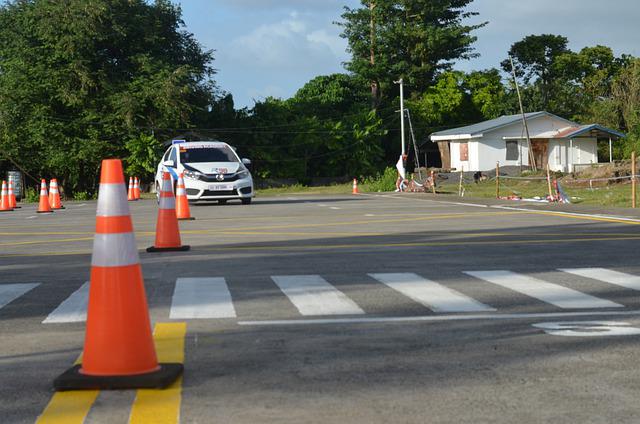There are certain situations that may affect a person’s ability to properly and safely operate a motor vehicle. In these cases, a driver will need to undergo an assessment to see if they are able to maintain a driver’s license. This is called a Clinical Driver Assessment.
What is a Clinical Driver Assessment?
The Driver Medical Evaluation (DME), also called a Clinical Driver Assessment, is used to evaluate a driver’s medical, physical, and/or mental health as it bears to their ability to safely operate a motor vehicle. If a condition makes them unsafe to do so, their driver’s license is suspended.
The evaluation involves an occupational therapist that has been trained in the clinical driver assessment, administering tests to determine if one’s medical or mental condition poses a limitation of their ability to safely drive a vehicle.
There will be a visual screening and standardized tests to assess memory, range of motion, muscle strength and sensation, and one’s sense of perception.
Who is Referred for a Clinical Driver Assessment?
Experienced drivers that have acquired a condition that affects their cognitive thinking and decision making skills will have a referral from their doctor to have an evaluation. A traumatic brain injury, strokes, Parkinson’s Disease, Mild Cognitive Impairment, and Multiple Sclerosis can include such conditions.
Other conditions such as dementia, Alzheimer’s disease, epilepsy, narcolepsy and other sleep disorders, and cataracts can all have an impact on a person’s ability to drive a car safely and should be evaluated. Many of these issues affect elderly drivers, but are not limited to a person’s age.
Warning Signs a Person May Need a Clinical Driver Assessment
Even if a doctor hasn’t suggested a driver’s evaluation, there are signs you can watch for to avoid a potential accident. If you’ve been in a crash as a result of a medical or mental condition, contact a car accident attorney Bay Area for help recovering damages.
Some signs to watch out for in older drivers or those with medical/mental conditions are erratic driving, such as driving too quickly or too slowly, ignoring signs and signals, drifting into the wrong driving lane, and neglecting to use turn signals.
You may also start to notice the driver needs help or instructions from passengers, becomes easily confused or frustrated while driving, has difficulty interpreting traffic situations, or starts to show a pattern of getting lost in familiar areas.
Can a Driver Challenge a Decision to Suspend Their License?
A driver can challenge the DMV’s decision to suspend their license in two ways. They can request a hearing before the suspension takes place, or request a hearing after the suspension goes into effect.
In both scenarios, there will be a hearing to evaluate whether or not they can safely drive a vehicle despite their medical condition. You must provide medical records, test results, statements from family and friends, and any relevant evidence to help your case.
- 3 Common Ford Vehicle Issues to Watch Out For - August 19, 2022
- What Is a Clinical Driver Assessment and Who Is it For? - August 18, 2022
- Top 5 Most Addictive Prescription Meds Today - June 26, 2022

